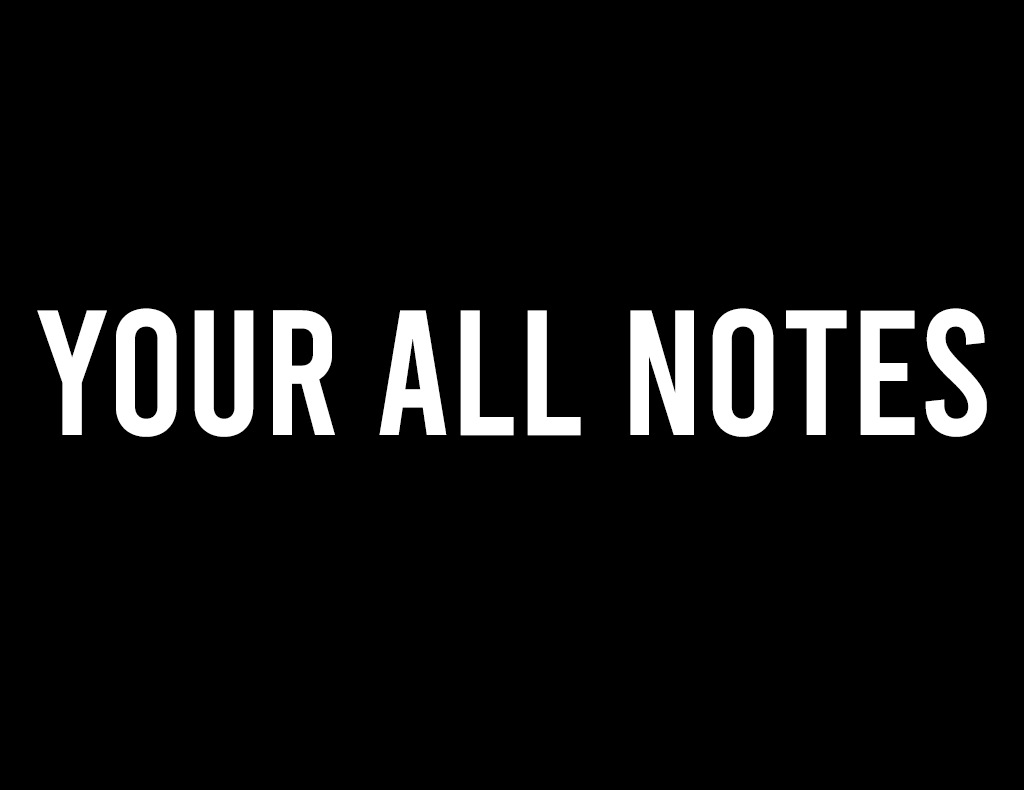Unit 9 : Democracy and Human Rights
Inauguration Speech of Nelson Mandela
A) Ways with words
Find the words in the text that mean the same as the following. The first letters are given.
a) the system that completely separated black people from white people (apartheid)
b) formal objection (protest)
c) an ethnical group of people (tribe)
d) an act undertaken to achieve a set goal (campaign)
e) the formal beginning of any movement (inauguration)
f) a strong feeling of excitement and happiness (exhilaration)
g) being set free from legal, social, or political restrictions (emancipation)
B) Find these words in a dictionary and write their meanings as they are used in the text.
- liberty, conflict, ideology, oppression, privilege, dignity, surrender, reconciliation
- liberty: the quality or state of being free
- conflict: a serious disagreement or argument
- Ideology: a system of ideas and ideals
- Oppression: unjust treatment
- Privilege: a special right, advantage
- Dignity: quality of being worthy of honour or respect.
- Surrender: give up or hand over
- Reconciliation: the restoration of friendly relations
C) The ‘d’ or ‘ed’ in the following verbs have different pronunciation. Put these verbs in the correct box.
| /t/ | /d/ | /ɪd/
|
asked killed missed ended decided washed visited lasted watched picked smiled fi xed walked blessed brushed stopped wanted reached laughed enjoyed
| /t/ | /d/ | /ɪd/
|
| asked washed brushed stopped wanted reached watched fixed laughed picked walked missed | killed smiled | ended decided visited lasted blessed enjoyed
wanted |
D) Put these nouns into the correct box according to the pronunciation of the plural suffix: s/es. cats dogs horses houses books roofs boys rooms girls noises shops trees pages babies benches classes /s/ /z/ /ɪz/
| /s/ | /z/ | /ɪz/ |
| Cats, books, roofs, shops | Dogs, boys, rooms, girls, trees | Horses, houses, pages, noises,babies, benches, classes |
Comprehension
Answer these questions.
a) What were the restrictions imposed on the Blacks in South Africa?
- Social, political and economical restrictions were imposed on the Blacks in South Africa.
b) Why was Mandela arrested?
- Nelson and the other ANC leaders organized strikes and several other protests. Mandela was charged with organizing an armed wing of the ANC, and was arrested in 1962.
c) How did he describe racism and racial oppression?
- He describes racism and racial oppression as the universal base of the pernicious ideology.
d) Why did he thank all the international guests?
- He thanks all international guests for having come to take possession with the people of his country of what is, after all, a common victory for justice, for peace, for human dignity.
e) Why did he think that people in his country had achieved political emancipation?
- He thinks that people in his country had achieved political emancipation because they are free from the continuing bondage of poverty, deprivation, suffering, gender and other discrimination.
f) What is the main point of Mandela’s speech?
- The main point of his speech is his hope to begin a process of reconciliation and nation building in South Africa.
Critical thinking
A) What does Mandela mean when he says – a rainbow nation at peace with itself and the world?
The rainbow nation at peace with itself and the world is a metaphor for the coming together of all different peoples who live in South Africa peacefully. It shows unity in diversity. The phrase also points post apartheid South Africa. He wants to tell that people of Africa are intimately attached to each other like multicolored rainbow. It also tells the unity of multiculturalism and the coming-together of people of many different nations, in a country. Once, African people were divided into white and black. Now, all are treated equally and there is no division among them. They are one, complete and meaningful like a rainbow.
B) Mandela should have avenged on those who imprisoned him for such a long period. Instead, he followed the path of reconciliation. Why do you think he did so?
Ans: Mandela should have avenged on those who imprisoned him for such a long period. Instead, he followed the path of reconciliation because there will be no difference between Mandela and those people if he followed the same path. He wanted to teach the path of peace and forgiveness to those people. He wanted to establish peace and stability in rainbow nation. He wants no more violence in the name of race, caste and culture. His intention was to bring unity among multi cultured people of Africa without any kinds of riot.
Once, African people were divided into white and black. Now, all are treated equally and there is no division among them. He wanted to bring peace, prosperity and development in Africa and it is necessary to end violence to begin the path of peace. So, he followed the path of reconciliation.
C) Why and how have societies struggled with segregation in the world? Do you find any evidence of segregation in your society? Discuss.
Ans: Societies have been struggling in many countries because of racial segregation. People are separated in the name of races, caste and religion in different societies of the world. Segregation was legal and normal in many countries of the world until 1964. African-American people were segregated in the name of race. In the same way, black people of South Africa were segregated from white until 1990. Black people were segregated because of their color, race and culture. The main reason behind segregation is to separate the inferior race from superior race.
Yes, I find different evidences of segregation in my society in the name caste, religion, class and culture. Dalit groups are considered as inferior casts in my society. I reject this kind of segregation but individual effort is useless. They weren’t treated equally. Upper castes people try to discriminate them from other group of people. The most surprising thing is that educated people are also following blindly the segregation. They know well that it is against our law and constitution but they are doing the segregation from many years.
The government is also segregating most children with disabilities into separate classrooms. There is no provision to teach differently able and normal children together. This kind of segregation is also a hindrance for prosperity and equality in my society.
Writing
Nepal has topsy-turvy political history. Many changes have been observed in different times. Write a short biography of any Nepali freedom fighter incorporating the changes brought under his/her leadership.
Ans: Nepal has topsy-turvy political history. Many changes have been observed in different times. There are many freedom fighters in Nepal like Anuradha Koirala, Amar Singh Thapa, Bhakti Thapa, etc.
Anuradha Koirala is one of the important freedom fighter of Nepal. She is the founder of Maiti Nepal. She is Nepali social activist. She was born on 14th April 1949 in Kalimpong, India. She was appointed as first governor of Bagmati Pradesh in 2018. Mother Teresa is the source of her inspiration. She was a teacher in Kathmandu before her step toward Maiti Nepal. She spent 20 years in teaching children at various schools.
Koirala started Maiti Nepal in 1993 to stop children, girls and women from trafficking for commercial purpose. Her inner intention was to decrease pain and suffering of women who are the victims of trafficking. At the beginning she established a home for those women who felt homeless after they were rescued from trafficking. Now, it has built three prevention homes, eleven transit homes, two hospices and a formal school. She rescued more than 12000 women and girls from trafficking. The regular activities of Maiti Nepal are:
- Awareness campaigns
- Rescue operations
- Legal support to the needy people
- Women empowerment programs
- Trainings
- Anti retro viral therapy to children and women infected by HIV
She received the Courage of Conscience Award from The Peace Abbey in Sherborn, Massachusetts on 25 August 2006. She has also received 38 national and international awards for her courage and leadership. She was the CNN Hero of the year 2010.
B) Do you think there is racial/caste related discrimination in our country? Discuss with your friend; write a five-minute speech.
Yes, there is caste related discrimination in our country Nepal. People are discriminated in the name of caste, class and gender in Nepal.
Dalit groups are considered as inferior casts in my country. It is against the law of our country but people are practicing it. They weren’t treated equally. Upper castes people try to discriminate them from other group of people. The most surprising thing is that educated people are also following it blindly. They know well that it is against our law and constitution but they are doing the discrimination from many years.This kind of segregation is also a hindrance for prosperity and equality in my society.
The government of Nepal has legally abolished the caste-system in 1963. It is considered as a punishable act. Untouchability is one of the practice of caste discrimination in Nepal. Dalit people are regarded as ‘untouchables in our society.
Caste based discrimination is one of the disgusting realities of 21st century Nepal. It is the violation of civil, political, economic, social and cultural rights of human beings.

